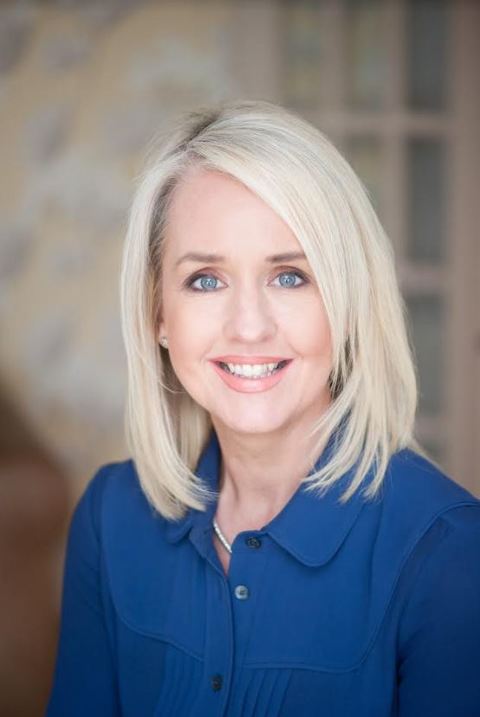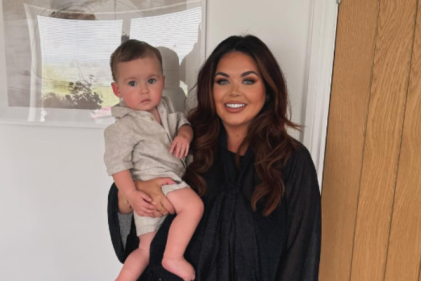 Common sleep disturbances such as sleepwalking, nightmares and night terrors are a distinct sleep phenomena and, fortunately, not a representation of a psychological or emotional disorder; more representation of a maturing neurological system. Any of these presentations can be very unnerving for the observing parents, but typically the child is completely unaffected.
Common sleep disturbances such as sleepwalking, nightmares and night terrors are a distinct sleep phenomena and, fortunately, not a representation of a psychological or emotional disorder; more representation of a maturing neurological system. Any of these presentations can be very unnerving for the observing parents, but typically the child is completely unaffected.
Children with abnormal sleeping schedules may be more vulnerable to these sleep disturbances. Beyond the age of two, as many as 70% of children will experience a sleep disturbance at some time.
Sleepwalking
Between the ages of six to 16, sleepwalking may occur up to 12 times per year in around 5% of children. An additional 5-10% of children may sleep walk once or twice a year. It has been suggested that boys are more likely to experience this sleep concern, and that there is a genetic factor also.
Typically, sleepwalking - a partial arousal parasomnia disorder - will occur within the first one to three hours of going to sleep, when the brain is entering a slow wave type sleep. Each episode may last for up to 20 minutes, and mostly parents will be ineffective here until the situation has passed. It is unlikely that your child will remember the next day. A large concern with a sleep walker is safety, so it is a good idea to be prepared if your child has demonstrated a vulnerability to this disorder.
Parents should be encouraged not to intervene, as waking your child may potentially upset your child unnecessarily. Gently guide your child back to bed and remain with them until they have settled back to sleep.
Precautions for sleepwalkers:
-
Keep the floor clear of toys or large furniture that your child could stumble over
-
Ensure that windows and doors are locked and secure
-
Use a stair gate at the top of the landing
-
Don’t allow your child to sleep in the top bunk.
-
Use an alert system, like a bell hanging over their door, to signal that the child is on the move

Sleep talking
It is not unusual for children (and adults) to mumble and chatter whilst asleep. Children are more likely to talk in their sleep because the linguistic centres of the brain are highly stimulated, particularly in the preschool years. From age three to 10 years, almost 50% of children will chat in their sleep at least once a year. Once more, boys may be more inclined to experience this sleep disturbance. It is not unusual for children to shout out simple phrases such as “I don’t want to” or “go away“, for example. There is no need to worry, it is a normal presentation.
Nightmares
Nightmares are also a normal part of development and happen during the second part of the night during “REM” or dreaming sleep. It is a very common complaint especially between the ages of 3 to 6 with studies suggesting that 25% of children have at least one nightmare per week.
A nightmare can be very alarming for a young child and the fear is very real: normally represented by being chased or stuck somewhere. Your child will typically call for you or come into your bedroom looking for reassurance and comfort; that you should provide. It can be useful to avoid allowing your child to be exposed to scary or frightening images, programs or audio. Carefully pick the type of books that are read at bedtime and be mindful of anything that may cause fear and anxiety. Talk to your child about what disturbs them, ideally during the day and consider a coping mechanism for scary thoughts like a monster spray, a magic wand or shield or a special stuffed toy to keep him/her safe.
Ideas that may help
-
If you are open to it, have the family pet share the room with your child
-
Have siblings share, as long as they behave!
-
Consider the spray | wand | shield to ward off scaries
-
Ensure that your child is relaxed ahead of bedtime, avoiding stimulating activity, televisions and computer games for example
-
Be mindful of what your child is seeing and hearing to avoid anxiety

Night terrors
Night terrors can be easily identified and typically happen within the first few hours of sleep, during deep “non REM” sleep. During an episode, the child jolts awake from deep sleep, wide eyes, frightened, screaming/shouting and possibly sweating, with a racing heart. As this is a partial arousal disorder, your child is not awake, will not recognise you or realise you are there; he/she may push you away while, at the same time, call for you. Unfortunately, this can last for up to 15 minutes, and then end. Your child usually won’t even remember having the night terror. It can be very upsetting for us parents to witness our children so distressed; thankfully, they are not representative of a psychological disorder.
Commonly, night terrors will happen within two hours of the onset of sleep, but I have experience in my practice of them happening throughout the night and/or the early part of the morning; however, this is extreme and commonly effects a child who is not efficient at sleeping independently.
The single biggest cause of night terrors is being over-tired. Ensuring that your child gets enough sleep can, in some instances, diminish significantly and sometimes completely eliminate the phenomenon. As little as an extra 30 minutes of sleep at the start of the night can make all the difference.
Recommendations for parents:
-
Don’t try to wake your child; there is no benefit for them to be roused and they may be more upset on wake up, as they are not officially awake during the night terror.
-
Avoid touching or picking up your child as this can sometimes prolong the terror.
-
Sometimes singing gently can help.
-
Ensure that your child is safe and cannot come to harm during his/her thrashing about.
-
After the episode, guide your child back to bed.
-
Stay with your child and reassure them afterwards until they are calm/have gone back to sleep.
-
Avoid discussing the night terror in the morning, as your child will not remember the event.
-
Consider an earlier bedtime.
-
Ensure that you have regular sleep and wake up times for all the days of the week.
-
If there is regularity to the night terrors, by keeping a sleep diary you may be able to see a pattern. So, if they are happening two to three times a week at the same time, you can try to pre-empt the partial arousal by gently rousing your child 15 minutes before the episode typically happens; enough to make them roll over, mumble and then go back to sleep. When this is implemented for up to 10 nights, it may help to break the cycle.
If you are in any doubt about your child’s sleep disturbances it is advisable to seek medical advice.
Lucy Wolfe, CGSC, MAPSC, is a paediatric sleep consultant and mum of four young children. She runs a private sleep consulting practice where she provides knowledge, expertise and valuable support to families across the country. See www.sleepmatters.ie <http://www.sleepmatters.ie>, t: 087 2683584 or e: lucy@sleepmatters.ie.











